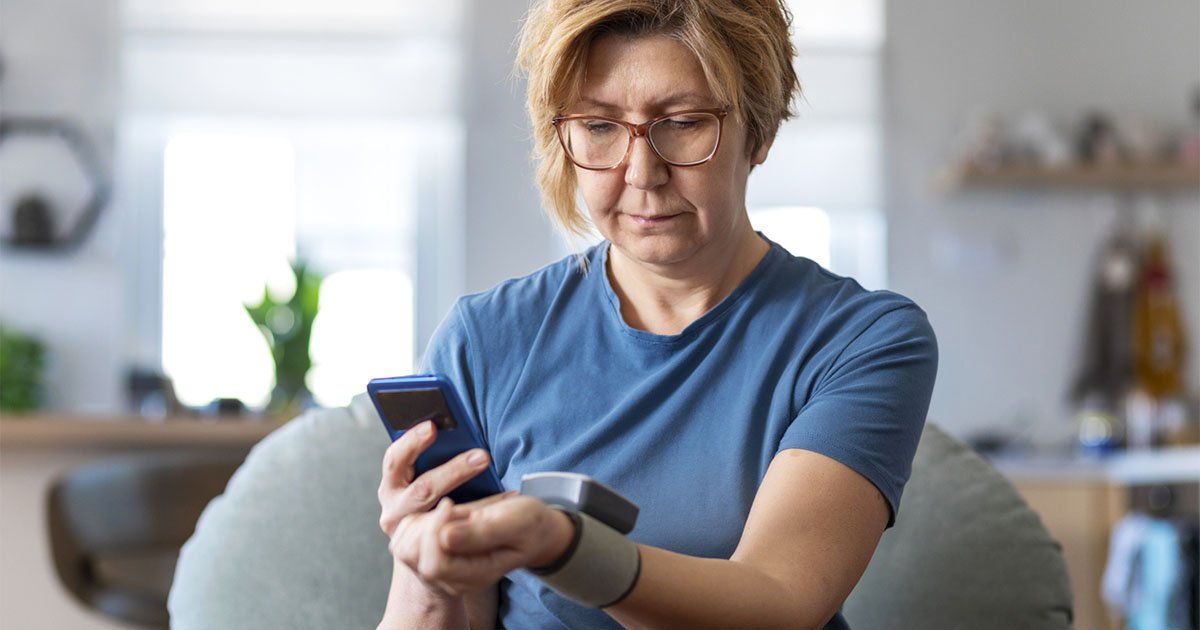Hypertension affects 86 million U.S. adults, and nearly half of them (46%) have uncontrolled blood pressure despite medication or lifestyle changes. Uncontrolled blood pressure significantly increases the risk of stroke, heart attack, and chronic kidney disease. For rural residents, managing hypertension presents unique challenges, including longer travel distances, limited access to healthcare providers, and restricted broadband and telehealth options. To address these challenges, the University of Minnesota (UMN) Clinical and Translational Scientific Institute (CTSI) Office of Discovery and Translation (ODAT) has awarded funding to researchers from the UMN School of Public Health (SPH) for a project focused on improving hypertension for rural communities.

In this project, researchers will partner with leading healthcare providers serving Greater Minnesota to adapt a successful technology-based hypertension care model, originally tested in urban clinics in the Minneapolis-St. Paul metropolitan area, to rural settings. This care model was developed by UMN researchers from SPH, the College of Pharmacy, and the Medical School under the leadership of SPH’s Kamakshi Lakshminarayan. The model integrates daily self-monitoring of blood pressures by patients using their own smartphones and wireless monitors, real-time transmission of blood pressure data to care teams via a free app, and rapid medication adjustment by a provider team, including clinical pharmacists working closely with primary care providers under a collaborative practice agreement.
The project aims to explore pathways for adopting the mobile health technology-based care model in rural Minnesota by identifying clinical leaders, assessing the readiness of rural clinicians, and addressing potential barriers such as limited broadband access. Additionally, the project will produce a white paper to guide the adaptation of technology-based care models to rural settings, with strategies to overcome infrastructure limitations.
“Our mobile health technology-based care model has proven to be a powerful tool in managing hypertension, but to this point, its benefits have not been extended to rural residents,” says Kamakshi Lakshminarayan, SPH professor and principal investigator. “For farmers who may be unable to leave the farm for clinic visits during planting and harvesting seasons, or others who live great distances from the nearest clinic, mobile health technology-based care can be effective and accessible. We’re looking forward to partnering with Centracare and Sanford to develop models of technology-based care for rural communities and improving health outcomes across rural America.”
The $68,000 grant from the UMN Clinical and Translational Scientific Institute (CTSI) Office of Discovery and Translation (ODAT) will support the study, which is expected to conclude in December 2025.

